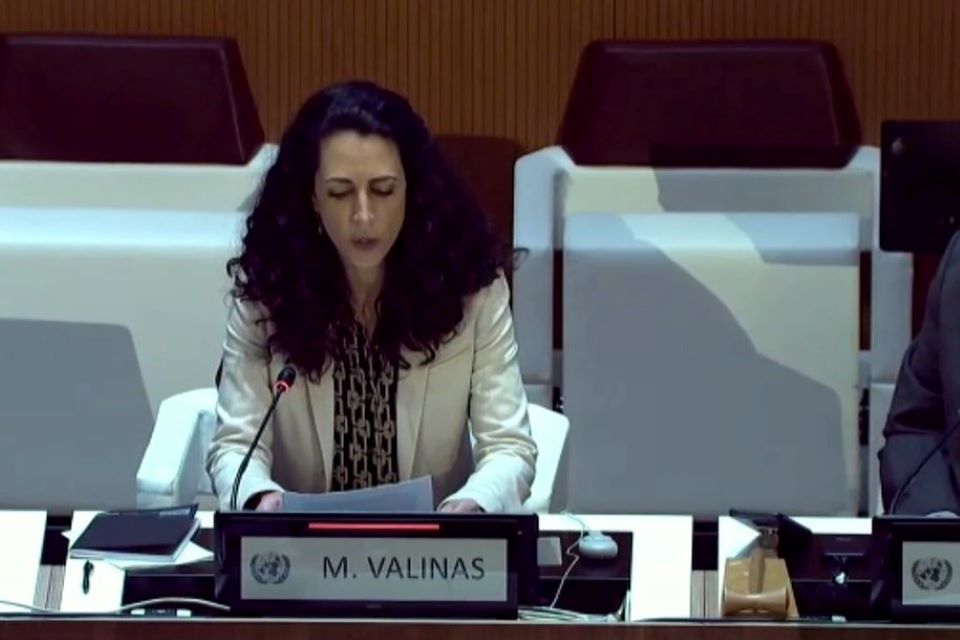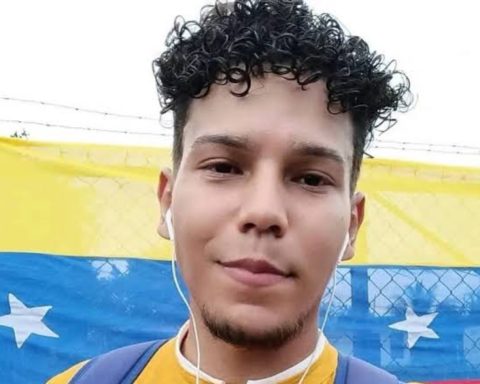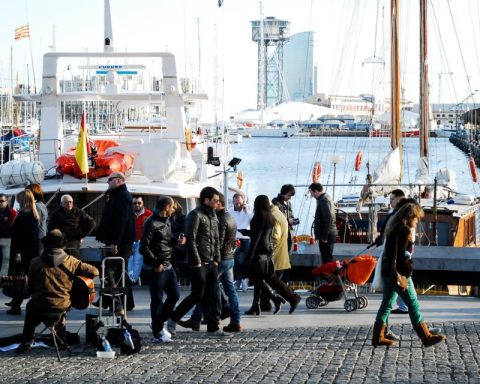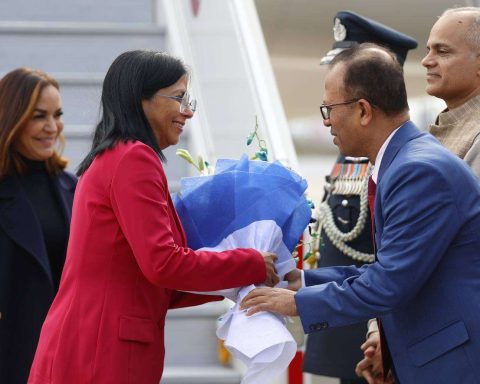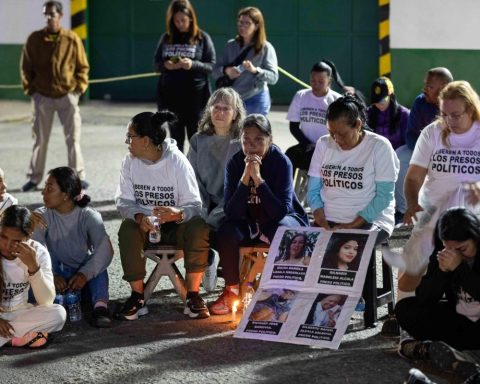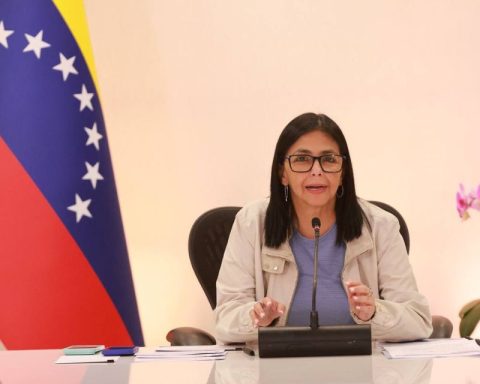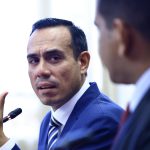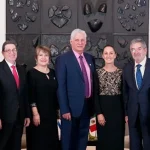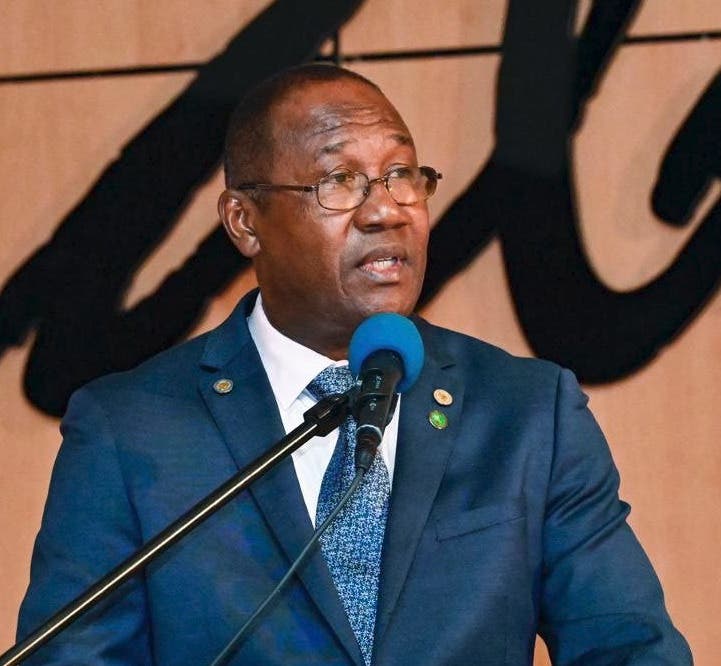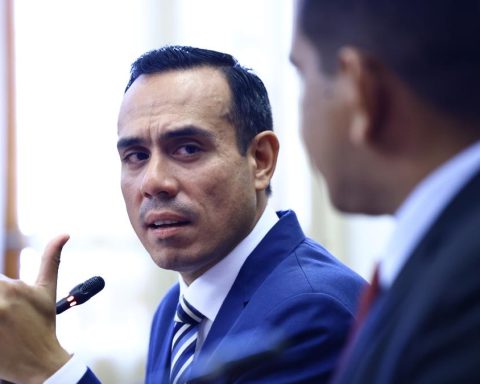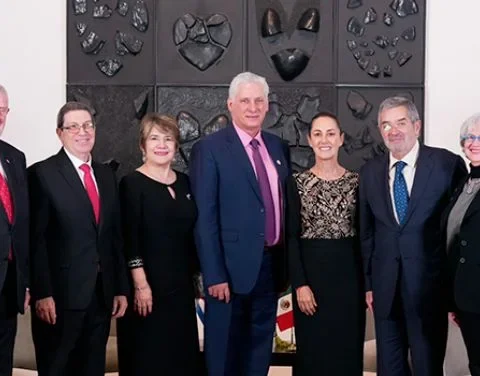In its first report, the Fact Finding Mission concluded that there were sufficient grounds to believe that crimes against humanity had been committed in Venezuela. Elvira Pernalete, mother of Juan Pablo Pernalete, assured that the victims and their relatives continue “without genuine justice.” NGOs make a particular call to diplomatic missions, whether or not they are part of the UN Human Rights Council, to promote a resolution and achieve a favorable vote to renew the mandate
A group of victims of human rights violations and 123 non-governmental organizations requested this Wednesday the 17th that the mandate of the International Fact-Finding Mission, a mandate of the United Nations Human Rights Council on Venezuela, be renewed. since 2019 And it expires in September.
On September 26, during the 51st session of the Human Rights Council, it is expected that the Determination Mission provide your latest report on the responsibility of senior officers and the Mining Arc; in addition to his recommendations on whether his mandate should continue on Venezuela.
To renew this UN mechanism, there must be a clear majority of affirmative votes from the 46 states that make up the Council. The resolution will establish its period of operation as well as the issues to be investigated.
Tamara Taraciuk, director in charge for the Americas of Human Rights Watch, assured that they trust “that the votes are there” and that the international community will protect the victims of human rights violations in the country.
The victims and NGOs make a particular call to the diplomatic missions, whether or not they are members of the UN Human Rights Council, to promote a resolution and achieve a favorable vote to renew the mandate.
Elvira Pernalete, mother of the young Juan Pablo Pernalete, murdered in the 2017 anti-government protests, pointed out that the work of the Mission has managed to verify the existence of patterns to violate the rights of the population, “and the solutions are more complex than just prosecuting to the officials directly involved, it is also necessary to investigate the chains of command ».
That is why the victims in Venezuela make a call, said Pernalete. “Let the mission continue, renew the mandate of the Fact Finding Mission because it is necessary that all channels remain open.”
He asserted that the victims and their relatives continue “without genuine justice.” That is why they insist that these United Nations mechanisms continue “so that people who seriously and systematically violate human rights do not feel untouchable. We need memory, justice, reparation, guarantees of non-repetition and that the guilty be investigated.
Beatriz Borges, director of Cepaz, indicated that they are uniting their efforts “because of this cry for justice that the thousands of victims who are still waiting for a response raise. In Venezuela, achieving justice is a hope, a hope at a time when serious human rights violations continue to be committed, where the acts that gave rise to this mission continue to be committed.
For this reason, he considers it necessary that answers be given, “that they are not left behind in oblivion and impunity. Justice, reparation and guarantees of non-repetition are needed.
Borges also called on Latin American leaders to be proactive and promote the resolution that renews the Mission’s mandate and that Venezuela remains on the Human Rights Council’s agenda as it has been up to now.
In addition, he mentioned that High Commissioner Michelle Bachelet also closes her mandate in September, which is why they ask that her successor prioritize the country, not only in technical assistance, but also in terms of determining violations and complaints. Another issue is Venezuela’s candidacy as a member of the UN Security Council, an issue that will be discussed between September and October.
What has the Determination Mission done?
The Human Rights Council created the fact-finding mission in 2019 with the aim of investigating “extrajudicial executions, forced disappearances, arbitrary detentions and torture and other cruel, inhuman or degrading treatment committed since 2014”, including sexual and gender-based violence. .
This with a view to “ensuring the full accountability of the perpetrators and justice for the victims.” In 2020, the initial one-year mandate that had been given to the Mission was extended for a further two years, until September of this year.
*Also read: What is a fact-finding mission? New UN mechanism on Venezuela
In its first report, the Mission concluded that there were sufficient grounds to believe that crimes against humanity had been committed in Venezuela, that “high-level authorities were aware of these crimes” and “chiefs and superiors knew or should have known of these crimes.” Y […] They did not take measures to prevent or repress them.”
They also ensured that persecution has increased and the concept of internal enemies in the country, which has led to an increase in human rights violations.
In its second report, published a year later, the Mission documented lack of judicial independence and impunity for human rights violations, and stated that the Venezuelan judicial system functioned as a mechanism of repression instead of a guarantor of rights, encouraging State agents to continue perpetrating abuses.
Post Views:
140
